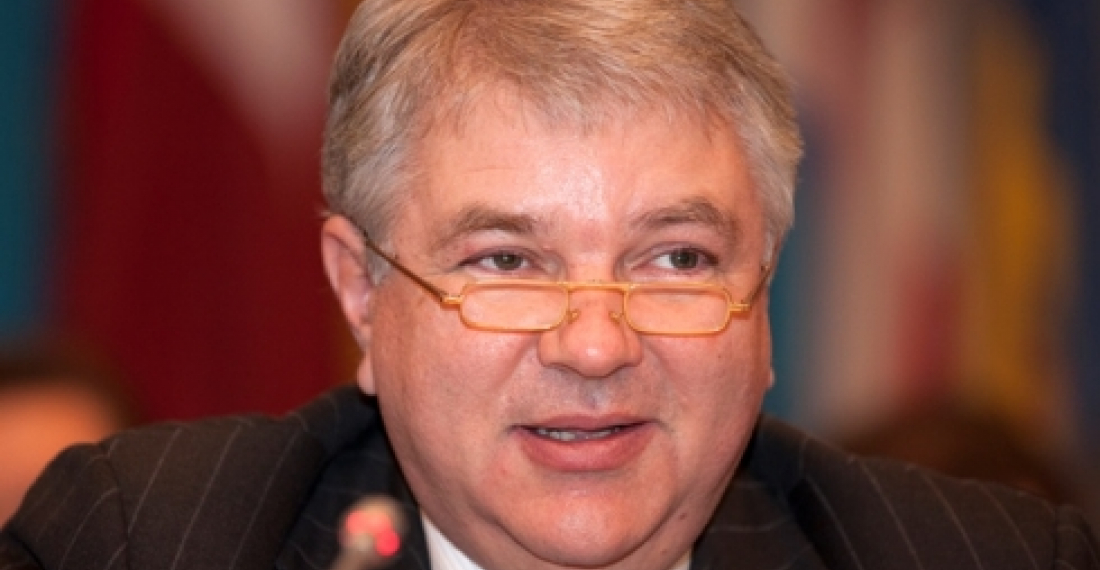Russian Deputy Foreign Minister Alexey Meshkov on Thursday (14 March) addressed the Permanent Council of the Organisation for Security and Co-operation in Europe (OSCE) on the need to create a system of "equal and indivisible security" and said that this was the Russian priority within the organisation for the future.
According to a statement issued by the OSCE in Vienna, Meshkov said that an important issue in shaping the security community from Vancouver to Vladivostok is to "apply in practice the OSCE principle of the indivisible security, and to ensure the implementation by all countries and groups of countries of the commitment not to strengthen their security at the expense of others", and noted the importance of continuing the involvement of the civil society and academia into the collective "brainstorming" on the security community creation.
Conventional arms control and combatting transnational threats and challenges are essential for strengthening security in the OSCE region, Meshkov said. He also noted the importance of the "Helsinki+40" process as a "window of opportunity to strengthen the role, reputation and relevance of the OSCE" and for its transformation into a full-fledged international organization.
He reiterated Russia's commitment to conflict settlement in the OSCE region "based on three key principles: conflicts must be settled exclusively by peaceful means, within the existing formats and respecting the interests of the sides".
"It is important to always remember that a bad peace is better than any war," Meshkov said. "Therefore we caution against any actions from the OSCE that could be of detriment to the positive achievements of any given peace process."
Speaking about economic and environmental dimension of security, Russian Deputy Foreign Minister stressed the importance of socio-economic aspects of human rights.
Meshkov outlined the Russian position on the human dimension of the work of the OSCE, focusing on the issues of visa-free travel, election legislation and protecting human rights. He said it was "necessary that the OSCE Office for Democratic Institutions and Human Rights observed elections in all OSCE states and on an equal footing".
Commonspace.eu political editor said that "Russia's quest for creating a new security architecture in Europe and Eurasia has been ongoing for more than two decades, but there are inconsistencies in the Russian position which have made western countries cautious. Again on this occasion Russian diplomats seem to be more interested in the form rather than the content or the result and in Europe as elsewhere Russia is perceived to be "behind the curve" in dealing with ongoing processes and challenges. Russian moves are often seen as attempts to freeze conflicts in the OSCE area and this is absolutely unacceptable to many of those that are suffering as a result of those conflicts. Meshkov's statement was therefore unlikely to encourage other countries to be sympathetic to Russia's position which becomes increasingly isolated. On the other hand continued engagement with Russia on this issue may provide an opportunity to secure Russian flexibility as part of a wider negotiation format"
source: commonspace.eu with www.osce.org
photo: Russian Deputy Foreign Minister Alexei Meshkov (picture courtesy of OSCE)







